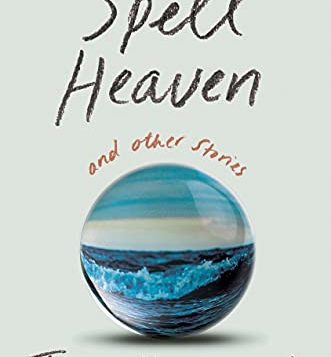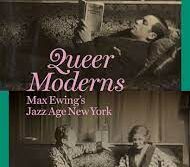LINKED STORY COLLECTIONS offer a particular pleasure: the opportunity to explore many different facets of a place or set of characters while still providing a measure of continuity, a narrative through-line that connects these elements. Toni Mirosevich’s collection Spell Heaven provides just this pleasure: a chance to settle in, walk around, get a sense of all the characters living in this coastal town full of fishermen and sailors, nurses and professors, people in comfortable homes alongside those who are down on their luck.
This is what these stories are really all about: connection, empathy, the ability to understand the challenges that other people face and to treat them with grace. In “Who I Used to Be,” the narrator finally strikes up a conversation with Tommy, a drunk she always sees on her daily walks to the pier, where Tommy sits outside the Chat n’ Chew, a small diner. After months of seeing him in passing, she finally gets his story—a familiar tale of a man who once had a family, a house, a job, until he lost it all, one after the other, to life’s vicissitudes. She is content to hear his story and weave it into her understanding of the town.
A few stories in the book dive back into her memory and leave the world of the coastal town and its Chat n’ Chew. One of them, “The One-Second Sandwich,” dips into the narrator’s memory during a class to tell readers about her relationship with Ann, a childhood friend, whom she loves, hates, and envies all at once. Ann has it all: a horse, a beach house, a mother who watches her make her “one-second sandwich.” But then, toward the end of summer, tragedy strikes both families. Here nostalgia and reverie combine to produce one of the book’s most affecting stories.
Where the collection stumbles is when the narrator creates a character but fails to include that person’s voice in a meaningful way. One example is “The Year of Mercy,” in which the narrator notices a mother and daughter hanging out with some guys at a parking lot she describes as “our town’s wrecking yard, our Motel 666.” After seeing the mother, Liz, a few times and witnessing an unnamed woman passed out on the bus, the narrator has what she presents as a revelation, which leads her to look up signs of meth use. In the end, it’s a story about the narrator’s assumptions and the queasy discomfort of someone in a position of privilege jumping to conclusions and judgments about another person’s life. We learn about the narrator’s anxieties over making these assumptions and judgments but never really find out the truth about Liz or get a sense of her experience or point of view.
In the end, Spell Heaven is a collection that attempts in each story to provide a vivid and evocative window into the world of working-class and newly middle-class people and the struggles they face. Each story has its memorable moments, but not all of them succeed. ____________________________________________________
Ruth Joffre is the author of the short story collection Night Beast.






